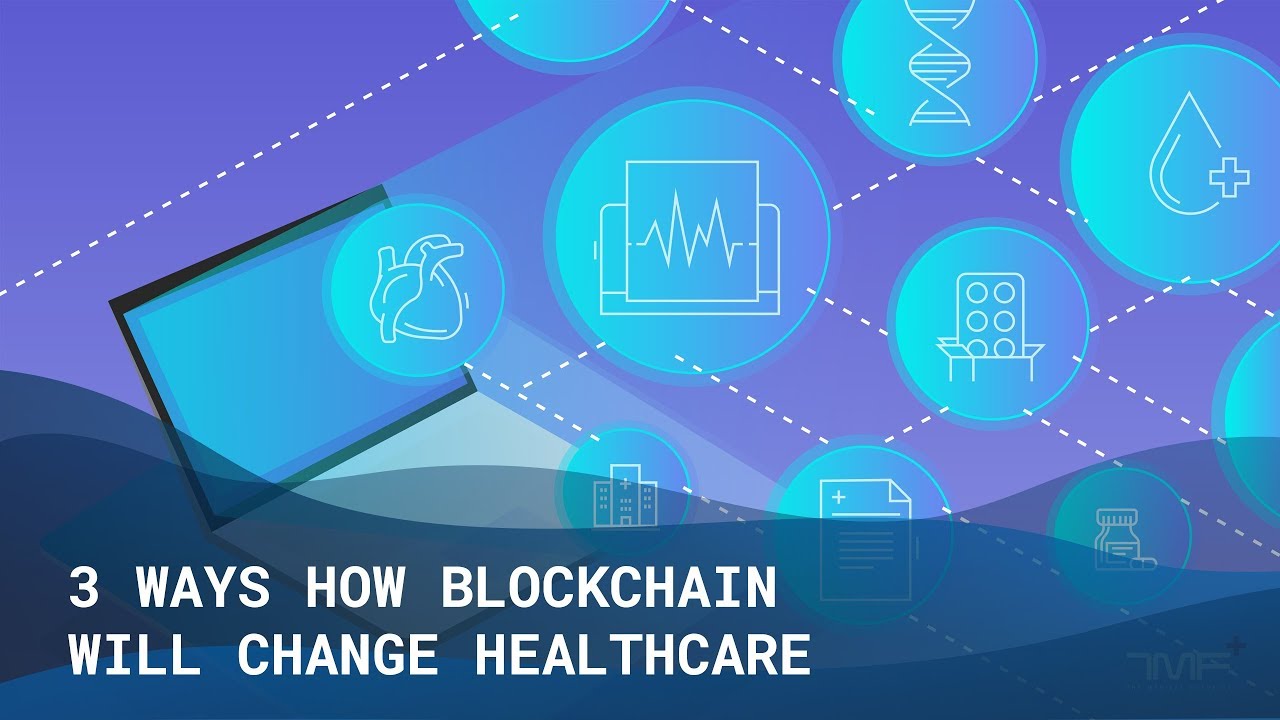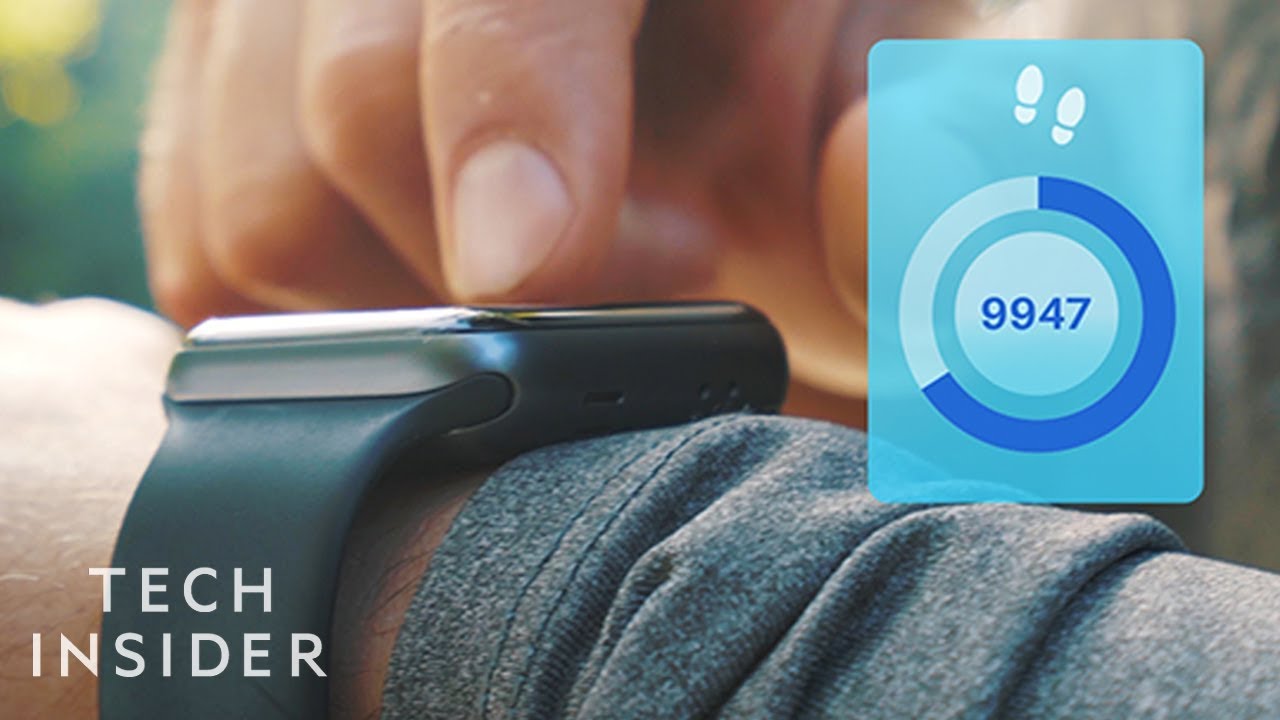The Emergence Of Health Blockchain Technology
Blockchain technology has emerged as a revolutionary concept that has the potential to disrupt many industries, including healthcare. Health blockchainrefers to the use of distributed ledger technology in the management of healthcare data. The technology provides a decentralized, secure, and transparent platform for storing, sharing, and managing healthcare data.
In this article, we will explore the benefits of health blockchain technology and how it can transform the healthcare industry.
What Is Health Blockchain?
Blockchain technology is a distributed ledger that records transactions in a secure and transparent manner. Each block in the chain contains a record of transactions, and once a block is added to the chain, it cannot be modified or deleted. This makes blockchain technology a secure platform for storing and sharing information.
Health blockchain uses the same technology to store and manage healthcare data. It provides a decentralized platform for healthcare providers to share patient data securely and transparently. The technology can help reduce errors in medical records, improve patient safety, and provide better access to healthcare services.
Benefits Of Health Blockchain
Improved Data Management
Health blockchain can help improve data management by providing a secure and transparent platform for sharing medical records. This can help reduce errors in medical records, improve patient safety, and provide better access to healthcare services. The technology can also help healthcare providers better manage patient data by providing a single, comprehensive view of a patient's medical history.
Increased Security
Health blockchain provides increased security for healthcare data by using advanced cryptographic algorithms to secure transactions. The technology uses a decentralized system, which means that there is no central point of control that can be attacked by hackers. The data is also encrypted and stored across multiple nodes, making it almost impossible to hack. You can learn about the most safe blockchainin the world in this article from Purenetworth.
Improved Interoperability
Health blockchain can help improve interoperability between different healthcare systems by providing a common platform for data sharing. The technology can help healthcare providers better coordinate patient care by providing a single, comprehensive view of a patient's medical history.
Reduced Costs
Health blockchain can help reduce healthcare costs by improving efficiency and reducing errors. The technology can help eliminate the need for manual record-keeping and streamline administrative tasks, such as billing and insurance claims.

3 Ways How Blockchain Will Change Healthcare - The Medical Futurist
Applications Of Health Blockchain
Electronic Medical Records
Health blockchain can be used to store electronic medical records securely and transparently. This can help reduce errors in medical records and improve patient safety.
Clinical Trials
Health blockchain can be used to manage clinical trial data securely and transparently. This can help reduce fraud and improve the accuracy of clinical trial data.
Drug Supply Chain Management
Health blockchaincan be used to manage the drug supply chain securely and transparently. This can help reduce counterfeit drugs and improve patient safety.
Telemedicine
Health blockchain can be used to securely share patient data during telemedicine consultations. This can help improve the quality of care provided to patients in remote locations.
Regulatory Challenges
One of the biggest challenges of health blockchain is regulatory compliance. The technology is still relatively new, and there are no clear guidelines for its use in healthcare.
Privacy Concerns
Health blockchain raises privacy concerns, as it involves the sharing of sensitive patient data. There are concerns that patient data could be compromised if not properly secured.
Technical Challenges
Health blockchain presents several technical challenges, such as scalability and interoperability. The technology needs to be able to handle large amounts of data and integrate with existing healthcare systems.
Future Of Health Blockchain
The future of health blockchain looks promising, as the technology is still in its early stages of development. There is a growing interest in the use of blockchain technology in healthcare, and many healthcare organizations are exploring its potential benefits.
Implementation Of Health Blockchain
Implementing health blockchain requires significant investment and resources. Healthcare organizations need to have a clear understanding of the technology and its potential benefits before implementing it.
Collaboration And Partnership
Collaboration and partnership are key to the success of health blockchain. Healthcare organizations need to work together to develop standards and guidelines for the use of the technology in healthcare.
Education And Training
Education and training are essential for the successful implementation of health blockchain. Healthcare professionals need to be trained on the technology and its potential benefits to effectively utilize it in patient care.
Ethical Considerations
Health blockchain raises ethical considerations, such as the ownership and control of patient data. Healthcare organizations need to ensure that patient data is secure and protected and that patients have control over their data.
Real-World Examples Of Health Blockchain
Several real-world examples demonstrate the potential of health blockchain in improving healthcare services. For instance, in Estonia, the government has implemented a health blockchain system that allows citizens to access their health records securely and transparently. The system also allows healthcare providers to access patient records and coordinate care more effectively.
Another example is MedRec, a health blockchain system developed by researchers at the Massachusetts Institute of Technology (MIT). MedRec is a decentralized platform that allows patients to store and share their medical records securely and transparently. The system is designed to reduce medical errors and improve patient safety.
Benefits For Patients
Health blockchain can provide several benefits for patients. For instance, patients can have greater control over their healthcare data and can share it securely and transparently with healthcare providers. This can improve the quality of care provided to patients and reduce medical errors. The technology can also help reduce healthcare costs, which can benefit patients by making healthcare more affordable.
Benefits For Healthcare Providers
Health blockchain can also provide several benefits for healthcare providers. The technology can help reduce administrative tasks, such as record-keeping and insurance claims, which can save time and resources. Health blockchain can also help improve patient outcomes by providing healthcare providerswith a comprehensive view of a patient's medical history. The technology can also improve patient safety by reducing medical errors and ensuring that patients receive the right treatment.
Benefits For Healthcare Industry
Health blockchain can provide several benefits for the healthcare industry as a whole. For instance, the technology can improve data management, reduce healthcare costs, and improve patient outcomes. Health blockchain can also help healthcare providers and organizations to collaborate more effectively and share information securely and transparently. The technology can also provide new opportunities for innovation and research in healthcare.
Challenges Of Health Blockchain
While the potential benefits of health blockchain are significant, there are also several challenges that need to be addressed. One of the primary challenges is regulatory compliance. Healthcare organizations need to comply with regulations such as HIPAA and GDPR when implementing health blockchain systems. They also need to ensure that patient data is secure and protected.
Another challenge is privacy concerns. Health blockchain systems need to ensure that patient data is secure and that patients have control over their data. Healthcare organizations also need to ensure that patient data is not used for purposes other than healthcare, such as marketing or research.
Technical challenges are also significant. Health blockchainsystems require significant investment in technology and infrastructure, and healthcare organizations need to have the technical expertise to implement and maintain them. Interoperability is another challenge, as healthcare organizations need to ensure that health blockchain systems can work with other healthcare systems.

How Blockchain And Remote Monitoring Can Improve The Healthcare Experience
People Also Ask
Which Blockchain Is Best For Healthcare?
There are several blockchain platforms that are suitable for healthcare, including Ethereum, Hyperledger Fabric, and Corda. The choice of blockchain platform depends on the specific needs of the healthcare organization and the requirements of the healthcare application.
What Is An Example Of A Blockchain In Healthcare?
There are several real-world examples of blockchain in healthcare, including the Estonian government's health blockchain system, MedRec developed by researchers at MIT, and the Medicalchain platform that enables patients to store and share their medical data securely.
What Is The Future Of Blockchain In Healthcare?
The future of blockchain in healthcare is promising. As the technology continues to develop and become more accessible, it is likely to be widely adopted by healthcare organizations.
The use of smart contracts and artificial intelligence in health blockchain systems is likely to increase, which can improve efficiency and reduce costs. However, there are still challenges that need to be addressed, such as regulatory compliance, privacy concerns, and technical challenges.
Conclusion
Health blockchain has the potential to revolutionize the healthcare industry by providing a secure, transparent, and decentralized platform for managing healthcare data. The technology can help improve data management, increase security, improve interoperability, and reduce costs. However, there are still challenges that need to be addressed, such as regulatory compliance, privacy concerns, technical challenges, and ethical considerations. With further development and implementation, health blockchain could become a game-changer in the healthcare industry and transform the way healthcare is delivered.
